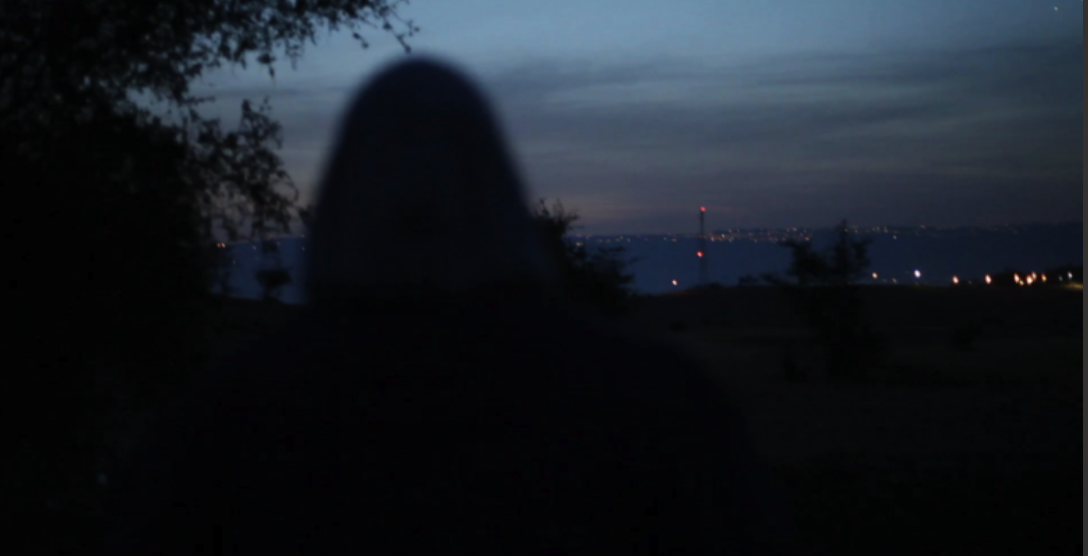
Reparation Claims and the Unlearning of History in Artistic Practices from the SWANA region
My research project engages in the epistemic potential associated with the unlearning of history. I am specifically invested in artistic practices that aim to unlearn the history that ceaselessly structures the SWANA region in accordance with the temporal, spatial and socio-political demarcations established by imperialism. I am inspired by Ariella Aïsha Azoulay’s ambitious project to establish a theoretical and analytical method for such unlearning. Azoulay argues, heavily influenced by Walter Benjamin’s critique of historicism and the historicization of time, that history is to be conceptualized as the mode by which time, space, and knowledge organize our common world. According to Azoulay, this taxonomic organization of our shared world can be understood as an imperial technology inscribed by inherent inequality, structural violence, and a naturalized strive for progress. Thus, in order to mend not only earlier imperial wrongdoings, but more so to repair the continuous violence which is carved into our common knowledge-system, Azoulay calls for scholars and other agents of knowledge-production to practice what she calls potential history; a methodological approach oriented towards practices of ongoing reparations claims that advocate a way of being in and caring for our common world by means of “no history at all.” By analyzing a range of contemporary artistic practices operating in the SWANA region, my project explores how Azoulay’s methodology can be used in order to think with these practices and their claims to unlearn the region’s history, geography, images, archives, and current socio-political condition. With a reference to Tom Holert’s writings on contemporary art’s relevance as an agent of epistemic labour, the project argues that artistic practices have the ability to rearrange knowledge-infrastructures in ways that scholarly theory and method is only just beginning to catch up with.